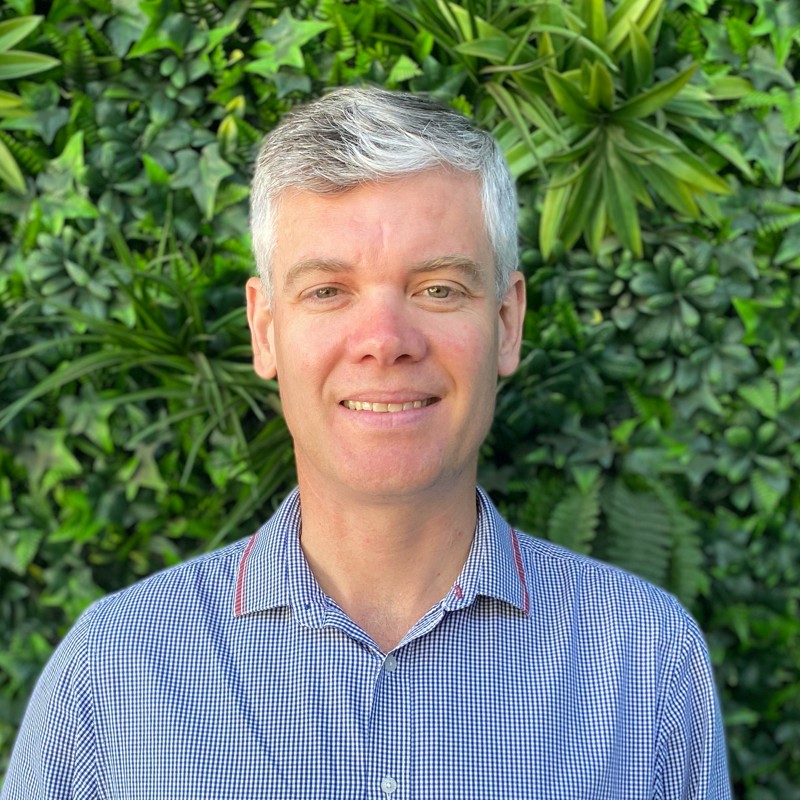Whilst EV vehicle sales are growing, renewable liquid fuels have a key role in achieving net zero in this sector by 2050
The transport sector will soon be Australia’s largest source of greenhouse gases. Whilst EV vehicle sales are growing, renewable liquid fuels have a key role in achieving net zero in this sector by 2050. The past 12 months has seen an increase in project activity, and general government support, for renewable liquid fuels projects in Australia. There is no one-size-fits all net-zero transport solution in Australia and it is pleasing to see growing recognition of this at various levels of government.
This Industry Note provides a brief overview of TFA’s own 20 year involvement in renewable fuels projects in Australia and provides some commentary as to whether we are getting closer to some form of tipping point in project viability in the renewable fuel industry.
Three Decades in the Making
TfA Project Group is a design / engineering consultancy that developed out of the downstream oil industry in the mid-90s.
Developing specialist skills in this industry requires an acute appreciation for safety in design, and hazardous area layout considerations of numerous flammable and chemical products. For nearly 30 years, TfA have been trusted designers to all major Oil companies in Australia for the safe design of fuel storage and distribution facilities ranging from oil terminals, fuel depots, airport fuel farms, mining and commercial fuel facilities to service stations and truck stops. A highly capable team of design and engineering professionals is required to service such an industry and it is the complexities and challenges of this industry that have historically attracted such professionals.
These same specialist skills also apply to our many and varied renewable fuels projects.
TfA has been actively involved in renewable fuels projects since the early 2000’s. In the current era where net zero commitments are being announced on a regular basis, it is often overlooked that the renewable fuels industry in some shape or form is already 20 plus years in the making in Australia.
TfA designed Australia’s first grain-to-ethanol plant at Dalby which became operational in 2009. Renewable fuel development is not simple and the journey from concept, feasibility, FEED and ultimately detailed design and construction took seven years. The fact that this is the only biorefinery to be built in Australia over the last 25 years makes the knowledge earned during this project invaluable. Many renewable fuels biorefinery projects have been through concept and feasibility stages in these intervening years, however none have been completed. In 2024, the Dalby plant is no longer operational and sustainable aviation fuel (SAF) plants are now starting the journey in the feasibility stage of the design process (with the aid of growing government support).
The Renewable Fuels Opportunity
Our recent White Paper on renewable fuels (https://www.tfa.com.au/sustainable-liquid-fuels-white-paper-3/) discussed the manner in which Australia could viably support its own renewable fuels industry. This comes at a time when various levels of government are also actively promoting and incentivising the electric vehicles industry, primarily for light / passenger vehicles.
Whilst electric vehicles will progressively reduce petrol consumption, many transport sectors such as aviation and shipping cannot be readily electrified and there will be a long term need for liquid fuels. Renewable liquid fuels have a critical long-term role if we are to achieve Net Zero.
There is clearly no one size fits all in a country with the population and distance dynamics of Australia. A large proportion of the nation’s driving population seem to favour SUVs and utility vehicles which, in time, may well be more suited to renewable diesel than EV models.
Sales of EVs in Australia have grown significantly over the last couple of years reaching 7.5% of total new vehicle sales in 2023. In other parts of the world (US, Europe etc) that have adopted EV uptake earlier than Australia, EV sales have plateaued somewhat over the last year or two. Interestingly in the last two quarters of 2023, hybrids also outsold EV’s in Australia.
The conversion of leaded fuel to unleaded was a process in itself that took well over 10 years during the 1980s and 90s. The current transition to a mix of battery, hydrogen and renewable fuel sources for vehicles is bigger than that historic transition. Such transitions take time. The first ethanol conference TfA attended was in 2001 and our first world hydrogen conference was in 2008.
From an Australian point of view, and in an era of fuel security concerns where the majority of our fuel is imported, we could have benefited more by developing a sustainable, home-grown renewable fuels industry earlier in this century than where we find ourselves at present.
Current Initiatives
The Queensland Government is currently preparing a Sustainable Liquid Fuels Strategy. TfA has been invited to a workshop at Parliament House to assist in finalising this policy.
The NSW Government has just announced a contribution of $100m to help stimulate SAF projects.
The Federal Department of Climate Change, Energy, the Environment and Water is developing an Electricity and Energy Sector Plan addressing five key considerations:
- Mobilising investment
- Enabling electrification
- Growing alternative low carbon fuels
- Building Australia’s clean energy workforce
- Maximising outcomes for people and businesses
TfA are meeting with the Department as part of this consultation.
With many of the recent government policies focussed on EV uptake, it is pleasing to now see the growing recognition of renewable fuels in the energy mix. It will play a critical role in the aviation and shipping industries achieving their environmental goals and more than likely with heavy vehicles and those suburban and recreational vehicles that Australia seems to prefer.
If this topic is of interest to you, keep an eye out for our forthcoming TfA industry event in the middle of 2024 and register your interest here.



